Former G.I. Joe Writer Aubrey Sitterson Pens Piece Arguing Western Super Heroes Are “Rooted in Authoritarian Impulses and Nigh-Fascist Logic”
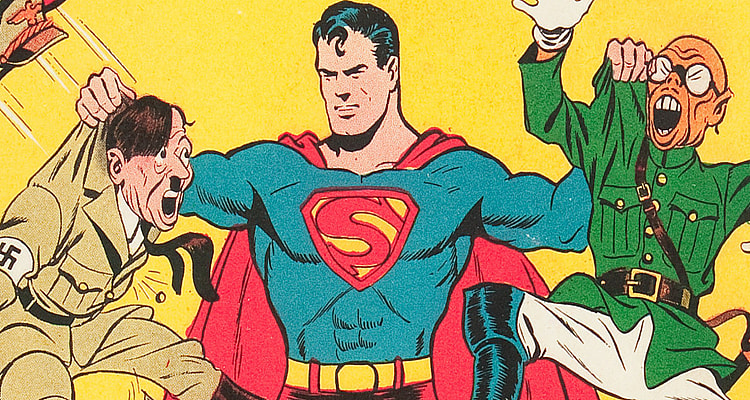
A new op-ed written by former G.I. Joe writer Aubrey Sitterson claims to reflect on “the political history of caped crusaders”, but is in actuality nothing more than a thinly-veiled piece of self-promotion for his own comic book crowdfunding campaign.
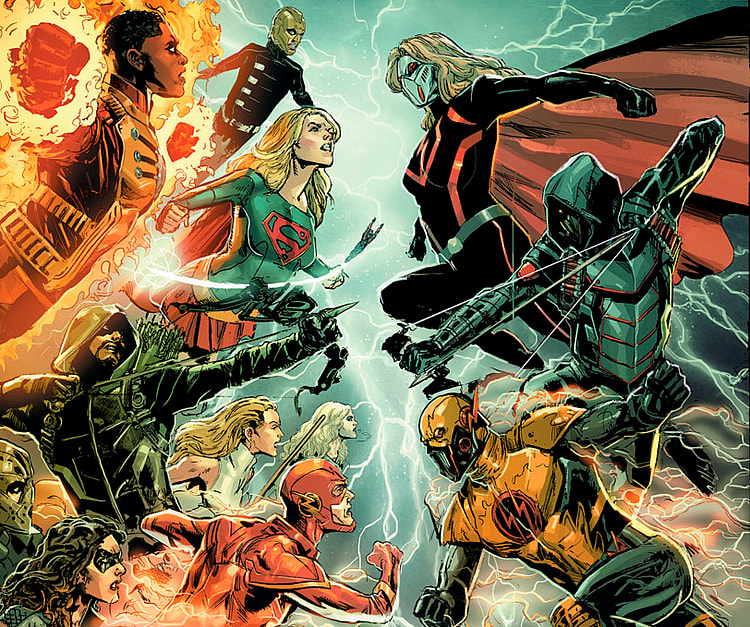
On November 19th, Polygon published “Superheroes fought for the people — then money got in the way”, an opinion piece written by Sitterson which put forth the thesis that “superheroes have never been anything more than corporate-owned supercops, reactionary power fantasies cloaked in liberal signifiers.”
“Superheroes used to be about helping and protecting people,” opens Sitterson. “Not the systems and hierarchies holding them down.”
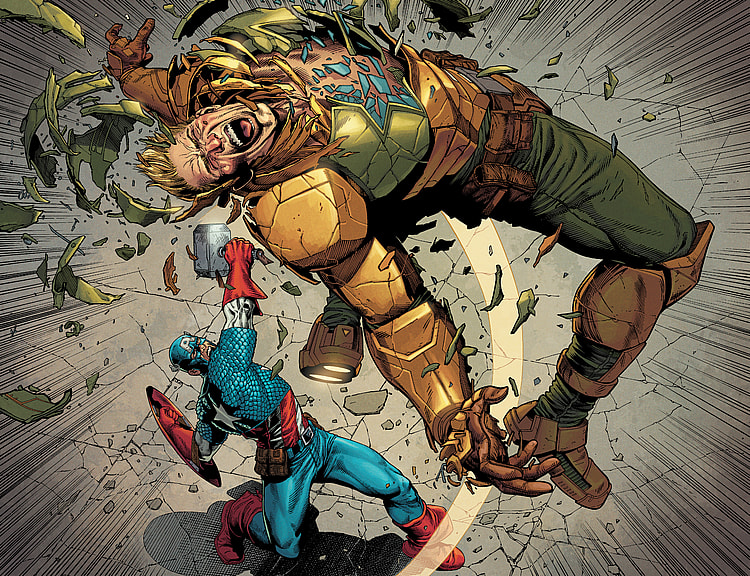
Sitterson then observes how superheroes and their stories went through various thematic changes through the decades, arguing that the genre went from one reflective of “working-class, egalitarian populism” to one that saw these same characters become individuals who, “instead of squaring off against oppressive systems, began to operate within them”.
“Superheroes, their stories, and the assumptions they’re predicated upon remain rooted in authoritarian impulses and nigh-fascist logic,” he claims. “Contemporary superheroes dedicate themselves to protecting oppressive hierarchies from people, not the other way around.”
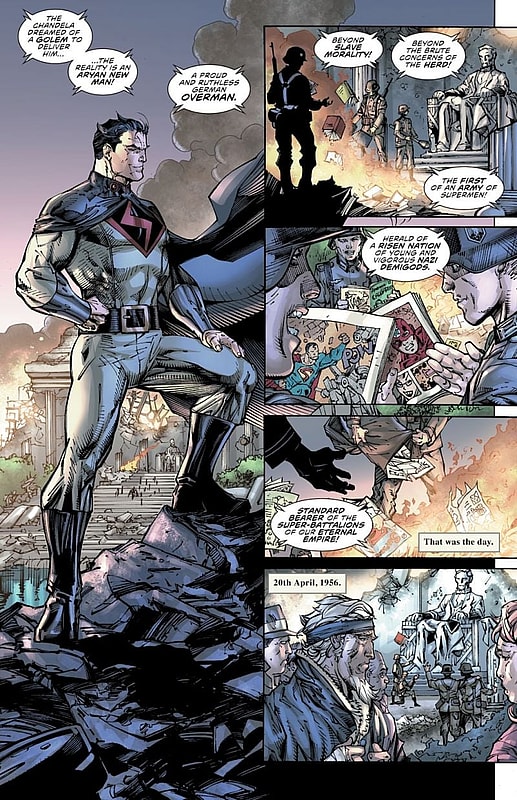
Related: Former IDW Editor-in-Chief Tells His Side of the Aubrey Sitterson Situation
It is apparent, from both his fatalistic leftist view of the genre’s history and his vocally proclaimed socialist political beliefs, that Sitterson’s opinion of superheroes is rooted in the fact that these masked men and women are not seen explicitly supporting the recent call by many far-left radicals to dismantle various institutions in the name of a desired socialist revolt.
However, Sitterson’s wish to see the superheroes act as representatives for such far-left beliefs is itself detached from the narrative and business realities inherent to the genre.
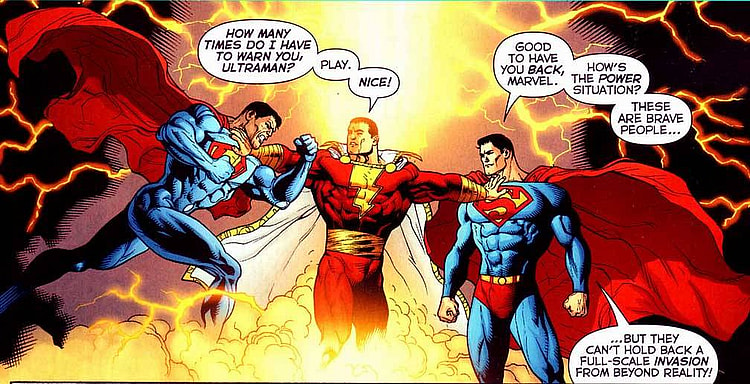
Do superheroes sometimes operate with or according to the established laws of institutions, such as law enforcement agencies and governmental judicial systems, that can be at times, corrupt and unfair? Undeniably, though this is not an endorsement of said corrupt and unfair actors and elements, but rather an unfortunate action of the human race’s capacity for evil and selfishness, as well as their responsibility to fight for the people rather than against them.
The reason these super-powered crime-fighters do not forcefully overthrow corrupt governments or throw dirty cops into alternate dimensions is because they are, first and foremost, protectors, defined in part by their desire to use their gifts to help those who cannot help themselves. Would they one day to choose to forcefully enact their will upon the people, no amount of good intentions could justify their actions as anything other than outright fascism, an idea thoroughly explored in DC media such as Grant Morrison’s JLA: Earth 2, the Justice League episode ‘A Better World’, the Arrowverse crossover Crisis on Earth-X, and the video game series Injustice.

It soon becomes apparent that, rather than a good-faith approach to the complicated relationship between the genre, its tropes, and its evolution through various social and political movements, that Sitterson’s critique is nothing more than a ploy to promote his upcoming series, Beef Bros, as he proceeds to spend the entirety of his op-ed’s final five paragraphs boasting of how the main characters come in “conflict with the entirety of modern, capitalist society, from cruel cops and greedy landlords to corrupt governments and omnipotent corporations.”
“It’s our hope that BEEF BROS is a righteous comic book to read, one that proclaims, in a loud and clear voice, what we believe to be good and true,” writes Sitterson. “But more than that, by reaching back and taking inspiration from the origins of superheroes, we hope that it illuminates a new way forward.”
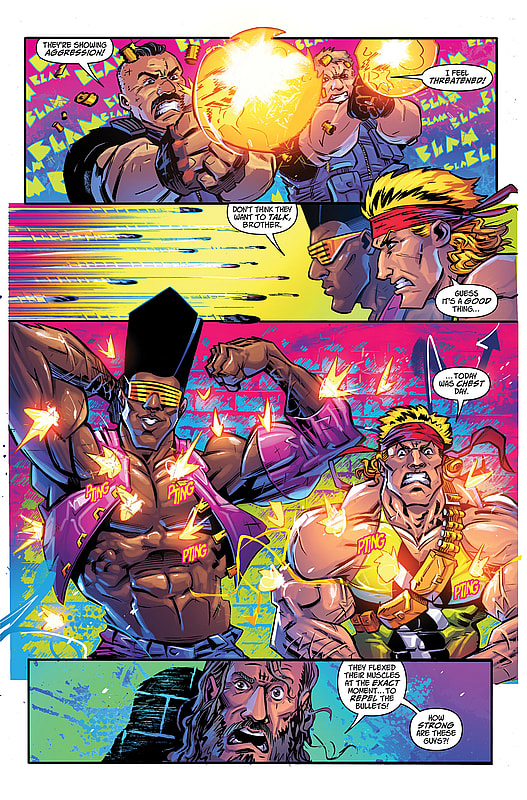
However, whatever disagreements one may have with his piece, person, or politics, credit must be given where credit is due, as few can argue with Sitterson’s concluding assertion that “the comic book industry is a profoundly exploitive place, dominated by two of the world’s biggest media conglomerates, Marvel and DC, [who] pay work-for-hire freelancers a relative pittance, then turn their creations into massively successful movies, television shows, video games, and merchandise that, instead of benefiting the creators themselves, further line the pockets of wealthy executives and shareholders,” a sentiment that has resulted in the rise of manga sales, crowd-funded comic books across ideological differences, and direct support contributions to creators.
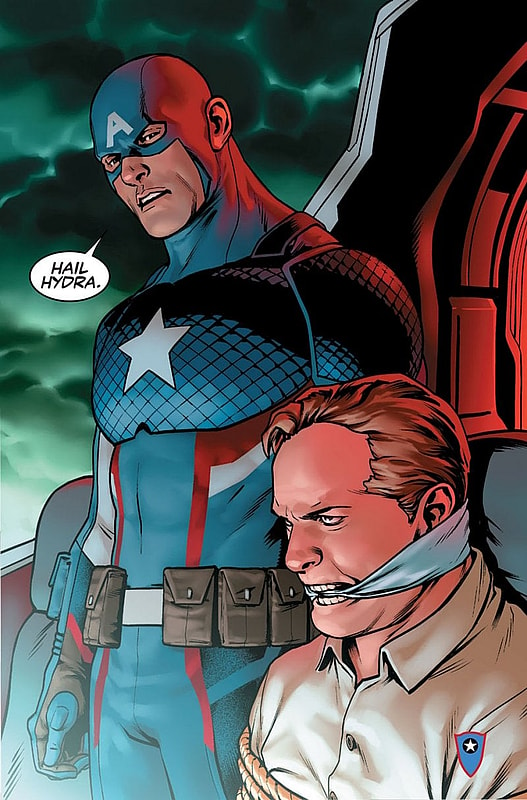
What do you make of Sitterson’s arguments? Let us know your thoughts on social media or in the comments down below!
